
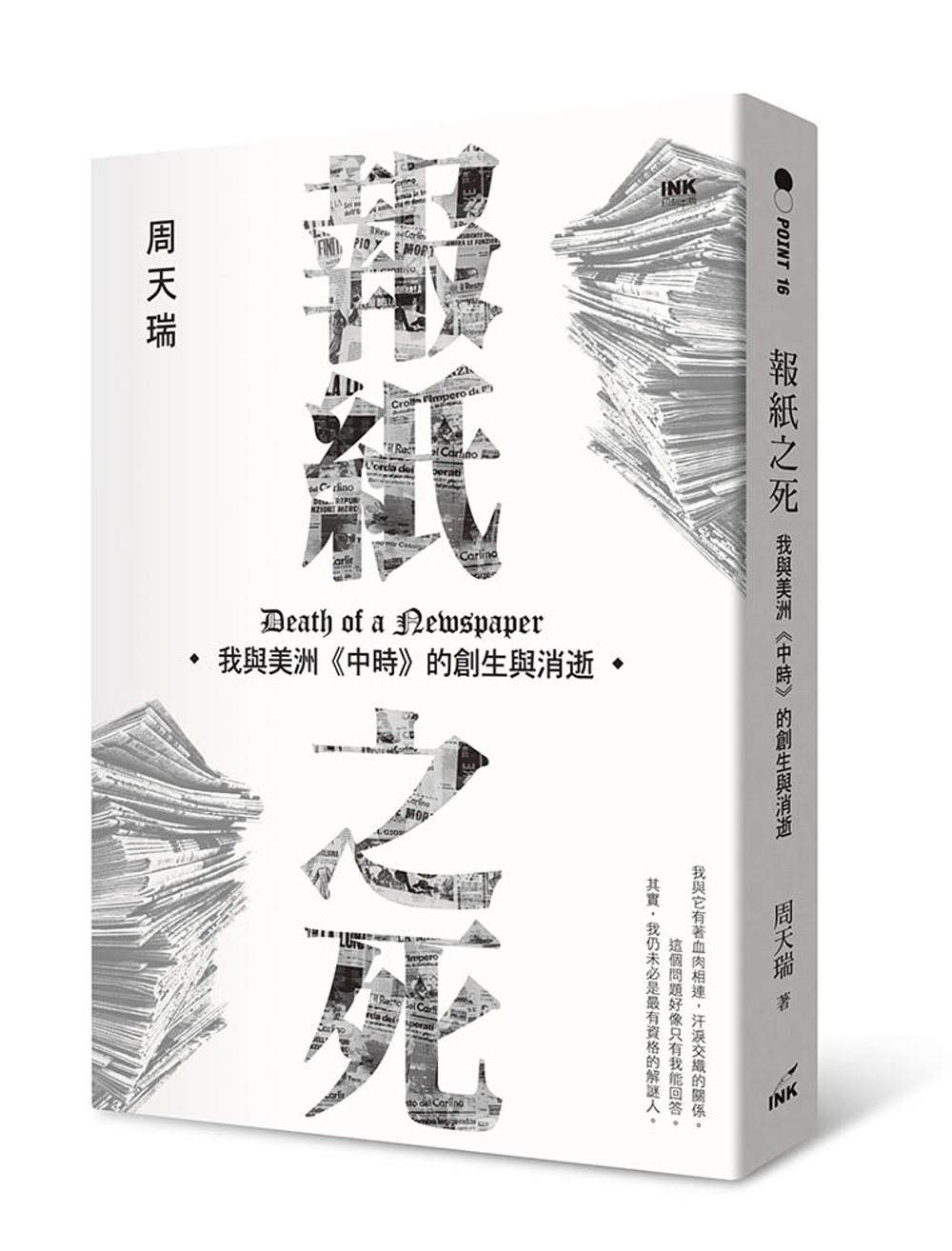
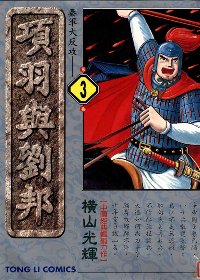

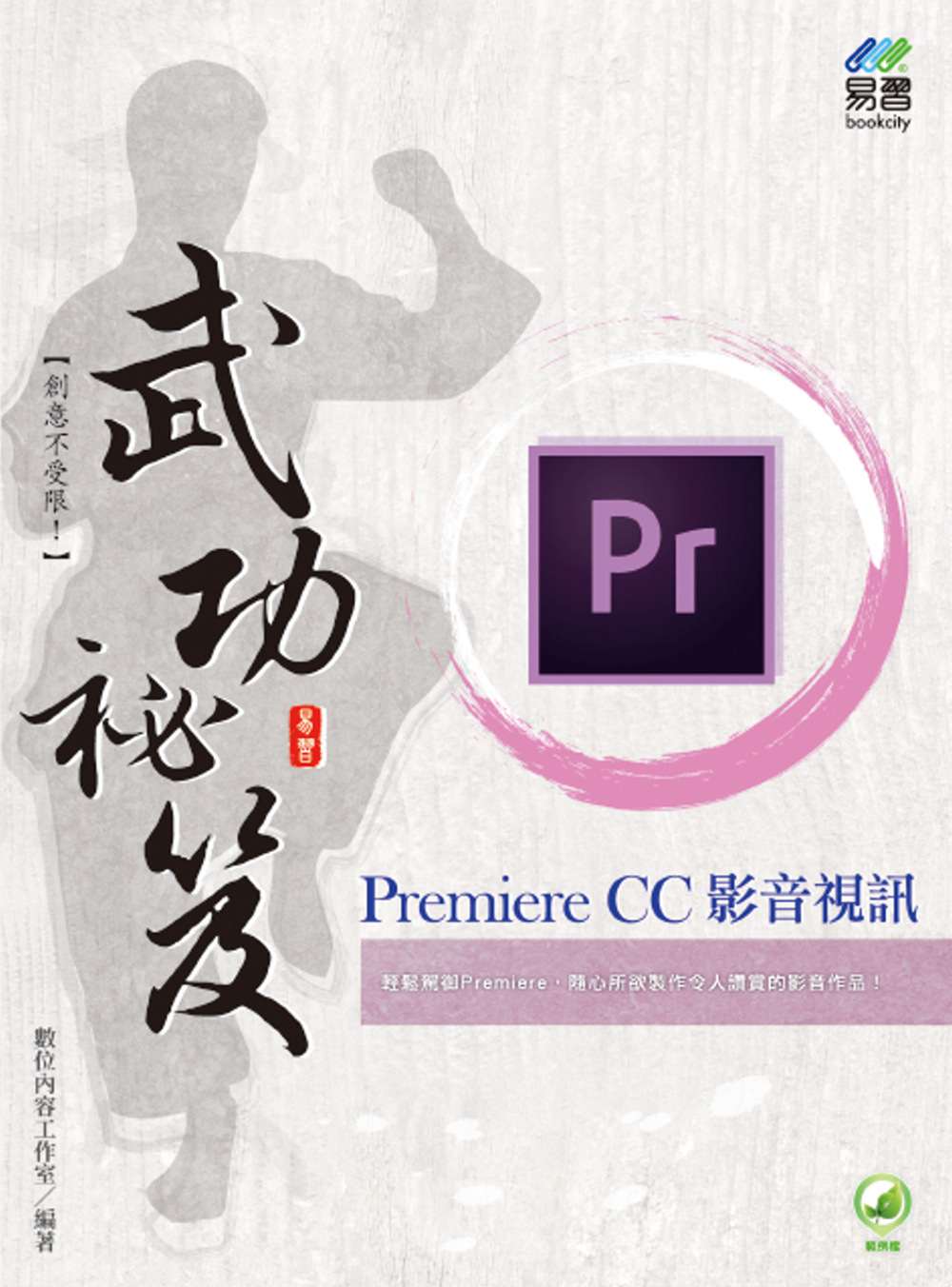
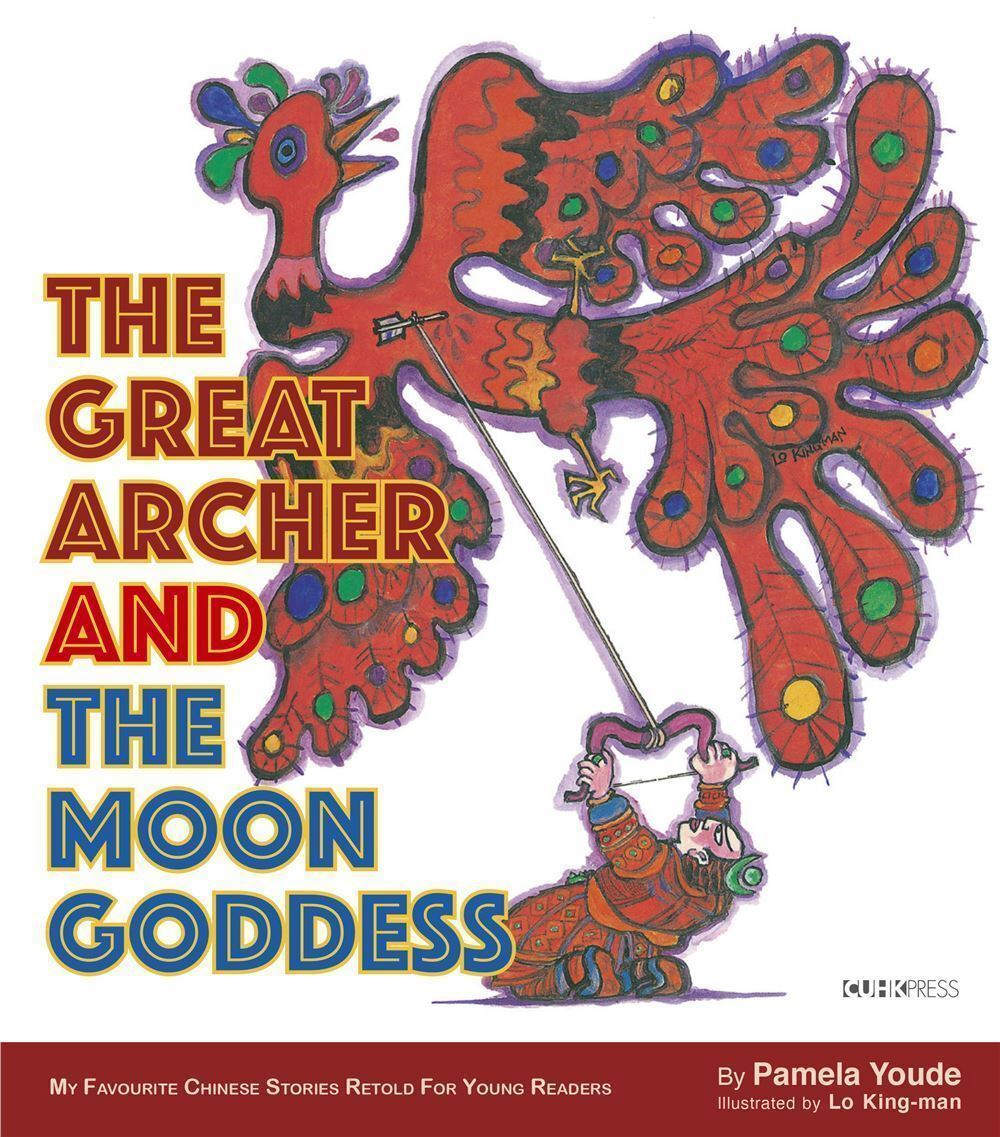



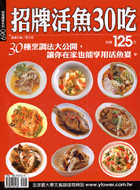
In this ground‐breaking, posthumous study, the late Lo Jung‐pang discusses the geographic, political,and commercial factors that led to the emergence of seapower and a navy under the Ming. While Zheng He and his seven expeditions have received some scholarly attention, few understand the long history of maritime engagement which provided the nautical and technical background for these voyages. The evolution of this maritime engagement and its extension into the Indian Ocean is the focus of Lo’s still‐timely and highly significant work.
In addition to detailing the rise of the Ming navy and its extraordinary accomplishments, Lo also
examines some of the factors that led to the end of China’s first great maritime era: Why did China suddenly seem to turn away from the seas? Were the military defeats in Annam and on the northern borders significant in this? Or were financial pressures key?
Empire in the Western Ocean represents the most comprehensive and insightful English‐language treatment to date of the evolution and activities of the early Ming navy. Moreover, it encourages further inquiry into contemporary questions of China’s maritime aspirations.
To aid the reader, a Foreword by Richard J. Smith discusses how Lo viewed the early Ming navy—not simply in terms of its evolution and military strength, but also in terms ofthe commerce and shipping that it promoted. This history is presented in the context of the centuries‐long shift of China’sdemographic center of gravity from the northwest to the southeast by the Song period (960–1279).
In the Afterword, Ming scholar Geoff Wade explains how the Ming rulers, eager to widely display their legitimacy, sent military forces abroad, ollected treasure for the imperial court, and urged rulers of all known states to demonstrate their submission to the Ming court. He also shows how this often gave rise to violence during the Ming expeditions.
作者簡介
Lo Jung‐pang (1912–1981)
was the premier Western‐language historian of China’s maritime history. He received his M.A. and Ph.D. degrees from the University of California,Berkeley. Before becoming a fullprofessor at the University of California, Davis in 1969, he had taught at Swarthmore College, the University of Pennsylvania, the University of Michigan, and the University of Washington.
Lo’s scholarly interests were extraordinarily wide‐ranging in terms of both topics and chronological scope,reflecting a command of several Western languages and an intimate acquaintance with Chinese sources written over a period of more than two thousand years. Although he is best known for his many groundbreaking contributions to China’s military and naval history, he also wrote on political and economic topics.
In addition, he produced a book titled K’ang Yu‐wei: A Biography and a Symposium which has been described as “laying a new foundation for expanded studies of one of modern China’s authentic men of genius.” The subject of that biography, Kang Youwei, was Lo’s grandfather.
Bruce A. Elleman
is William V. Pratt Professor of International History, U.S. Naval War College, with a M.A.in National Security and Strategic Studies, with Distinction (2004), U.S. Naval War College, and a Ph.D. in History from Columbia University (1993). His specialization includes Chinese, Japanese, and Russian history,East Asian international relations, Sino‐Soviet diplomatic history, and Chinese military history.
Richard J. Smith is George and Nancy Rupp Professor of Humanities Emeritus, and a Research Professor at the Chao Center for Asian Studies, Rice University. His primary research focus is elite and popular culture in Ming and Qing Dynasty China, but he also has strong interests in transnational, global, and comparative studies.
Geoff Wade researches intra‐Asian connections and interactions, both historical and contemporary. He has taught and researched at institutions in the PRC, Hong Kong, Malaysia, Singapore, and Australia.
Editor’s Preface Bruce A. Elleman / ix
Author’s Preface Lo Jung‐pang /xiii
Foreword Richard J. Smith/xix
1 Exordium /1
2 The Upsurge of the Red Turbans/29
3 The Battle of Poyang Lake and the Expulsion of the Mongols/49
4 Geographical Lore and Navigational Arts /69
5 Maritime Transportation and Coastal Defense /95
6 Ships and Armaments /113
7 Imperialism, the Chinese Variety /139
8 Steps to Pax Sinica /161
9 The Uneasy Peace with Japan and the War with Annam /181
10 A Spirit of Military and Economic Enterprise /197
Conclusion: The Decline of the Early Ming Navy /217
Afterword Geoff Wade /231
Appendices /255
Selected Bibliography /261
Biographies /271
Index /273